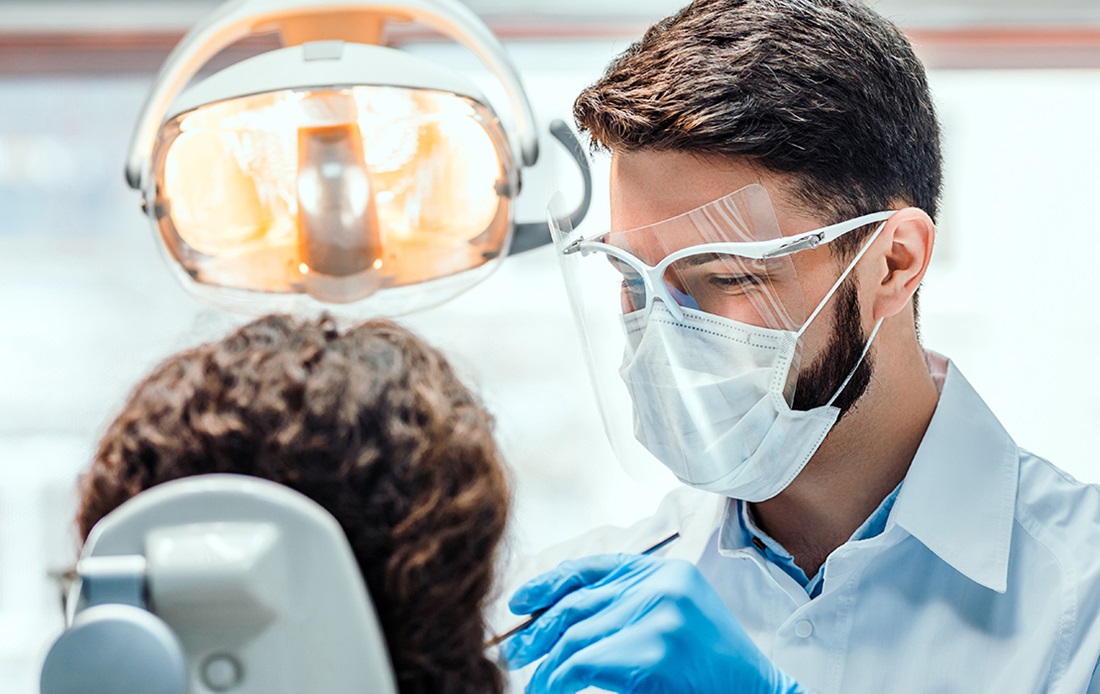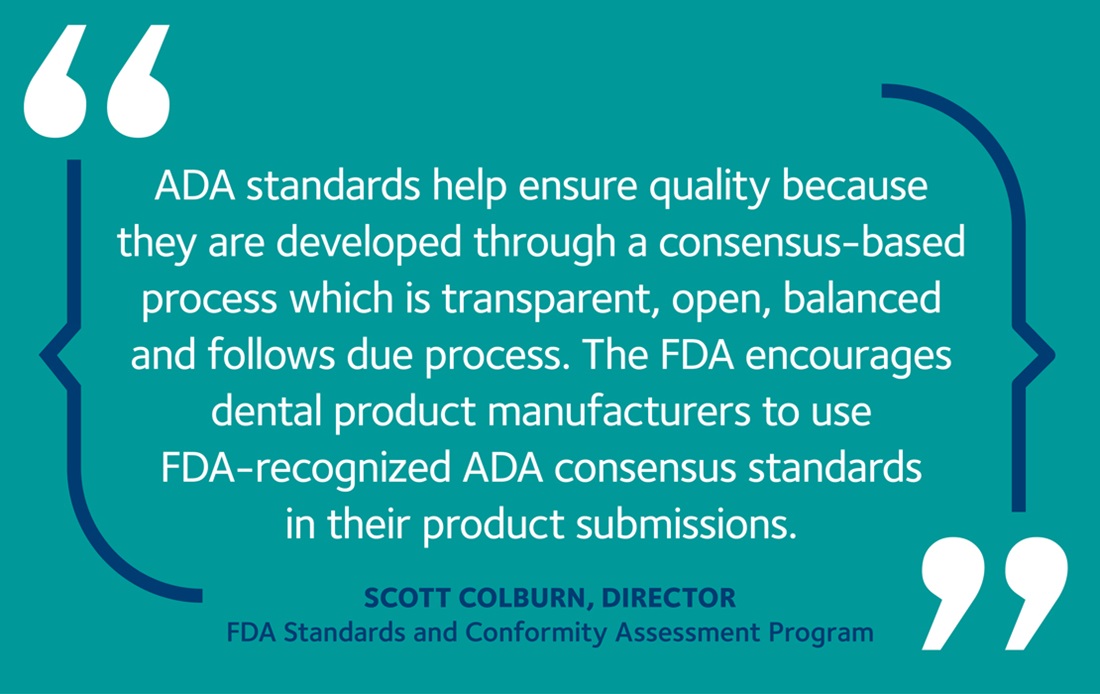Practice
An expertly curated collection of tools, resources and information to help you grow and manage a successful dental practice.
Helpful resources for managing your business.
Expert advice for navigating regulatory compliance.
Tips and tools for achieving mental and physical wellness.
Dental insurance and benefits
Expert guidance and tools for navigating common dental insurance issues.
Dental standards
Clear industry standards to help ensure the highest level of patient safety and satisfaction throughout your practice.


